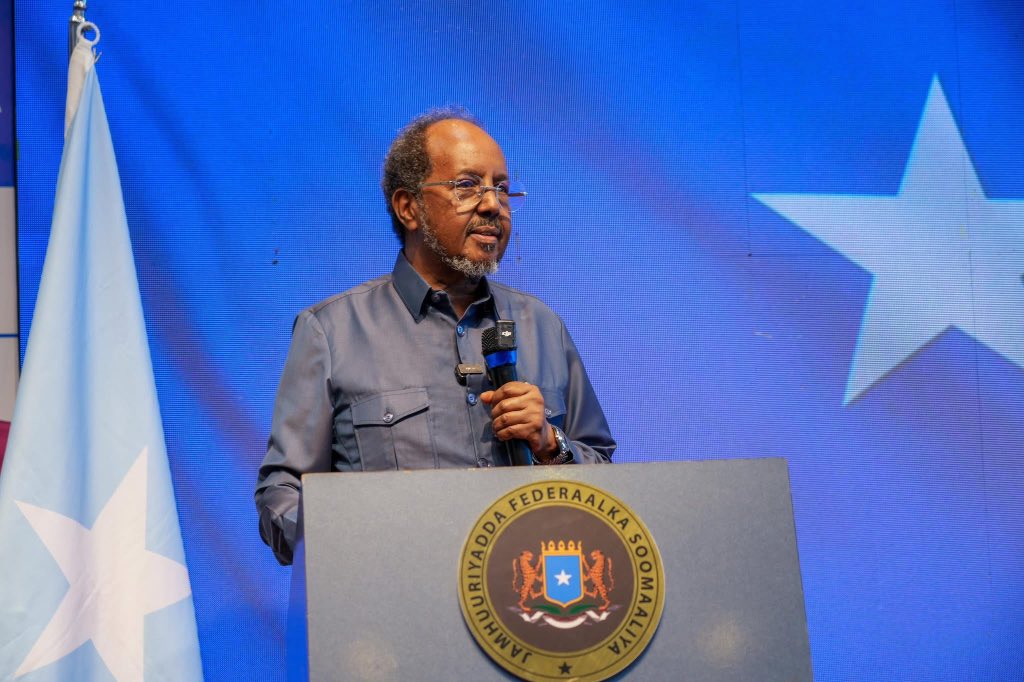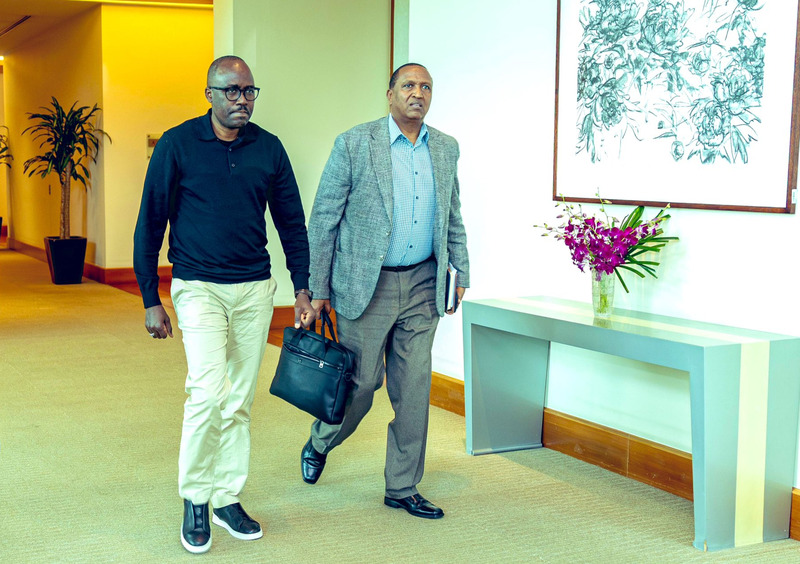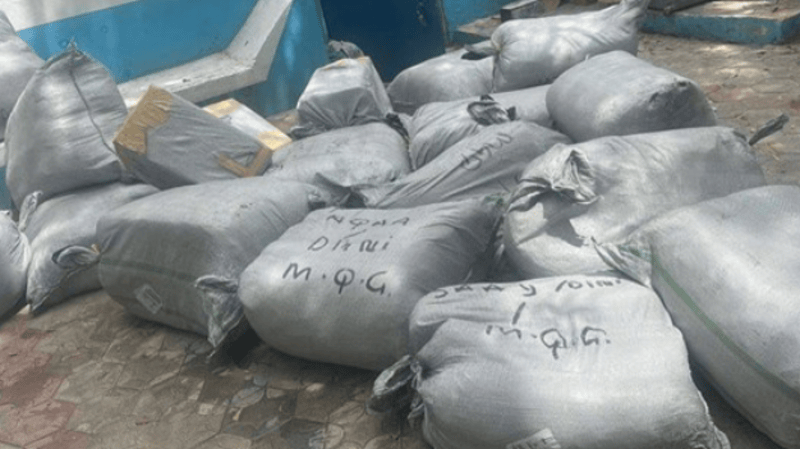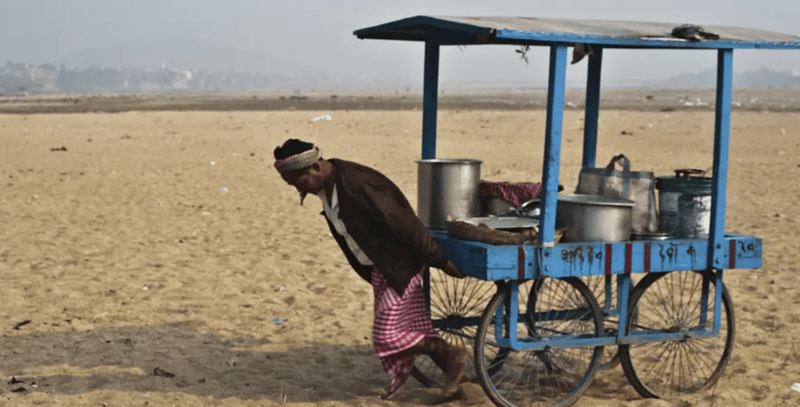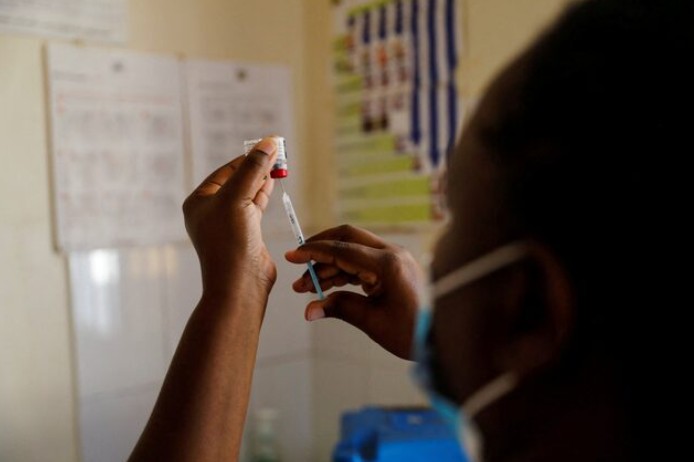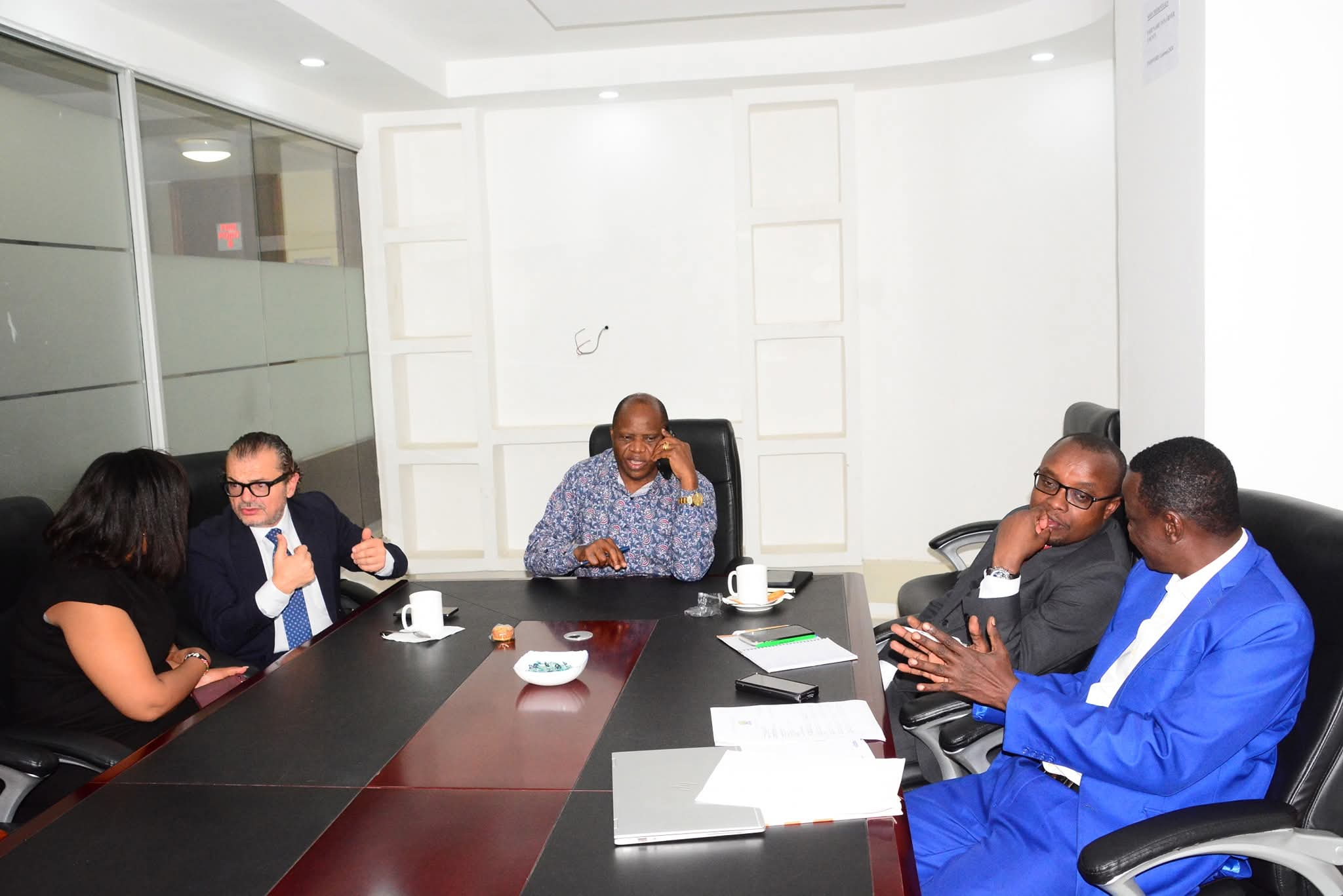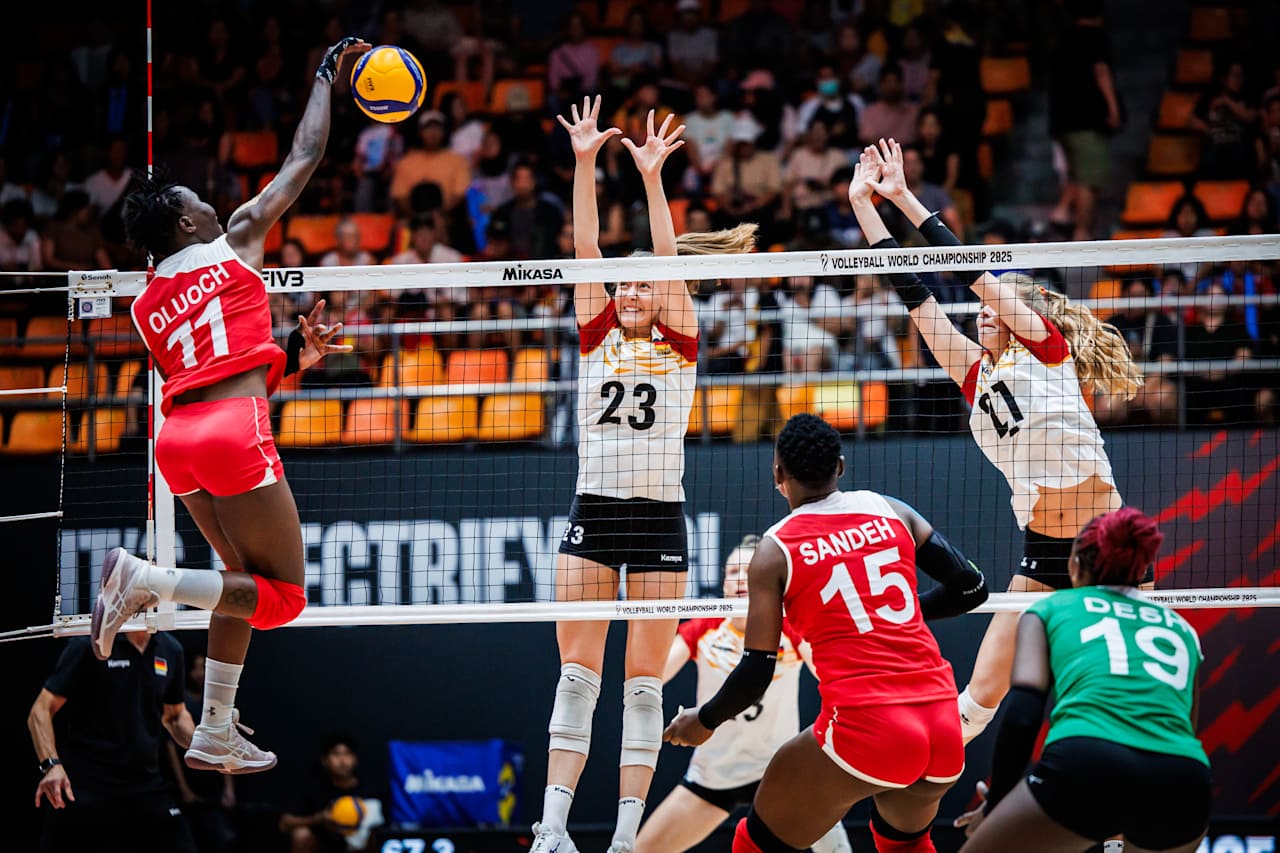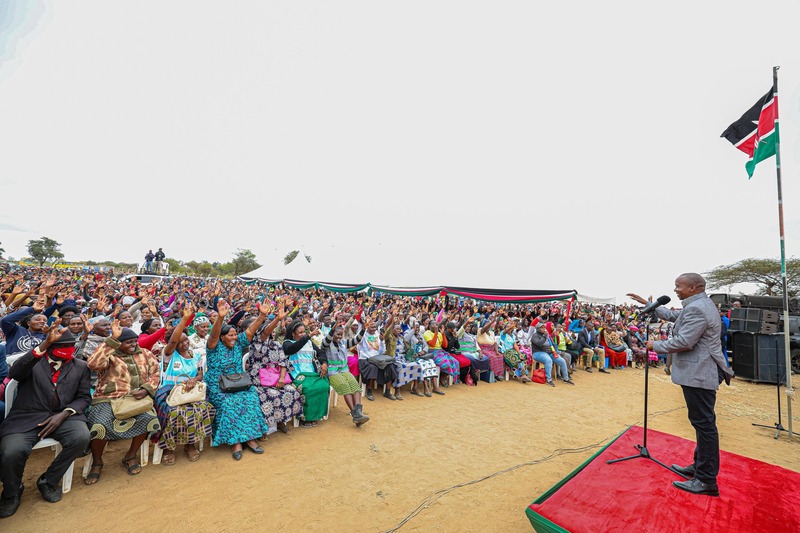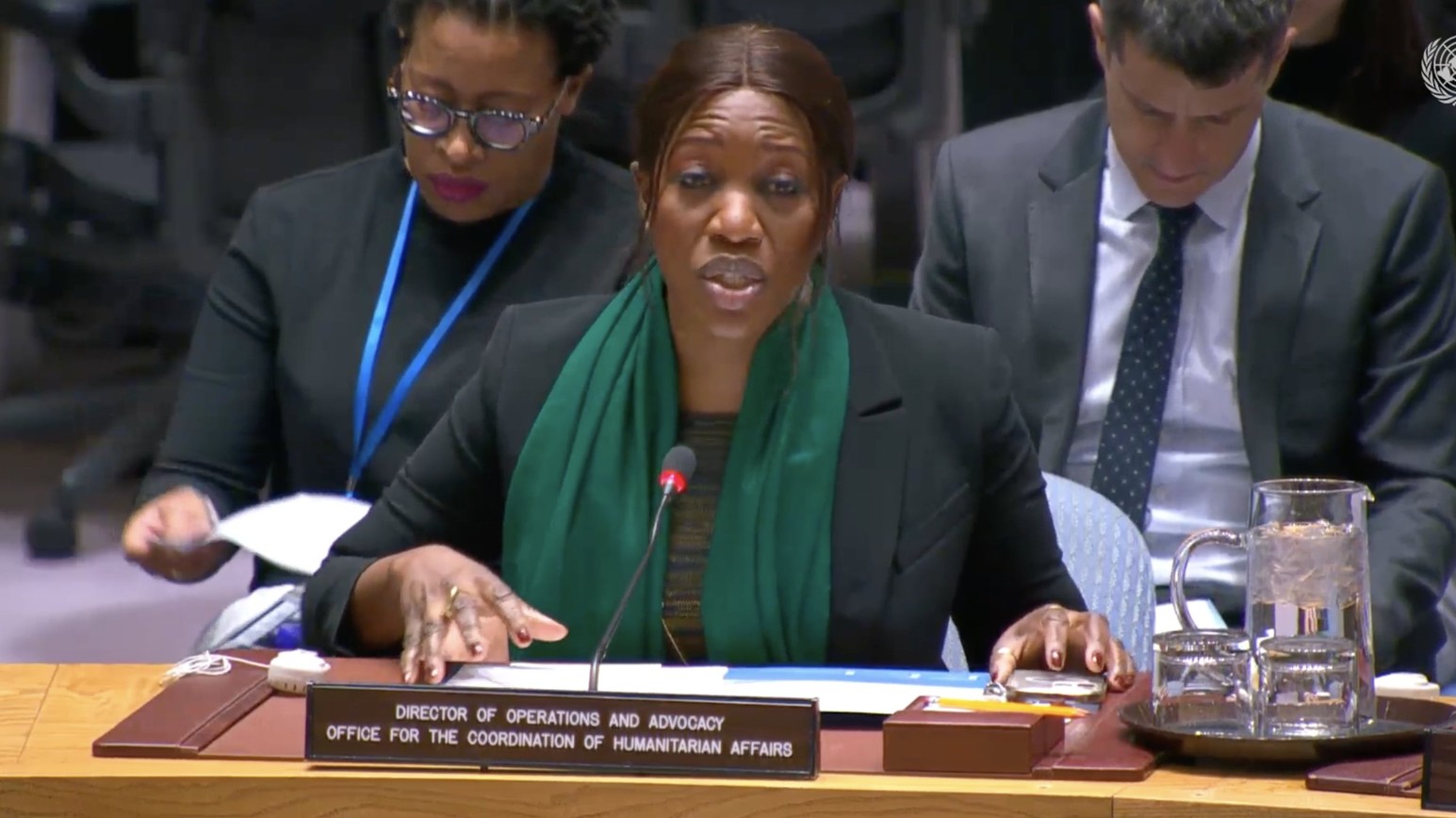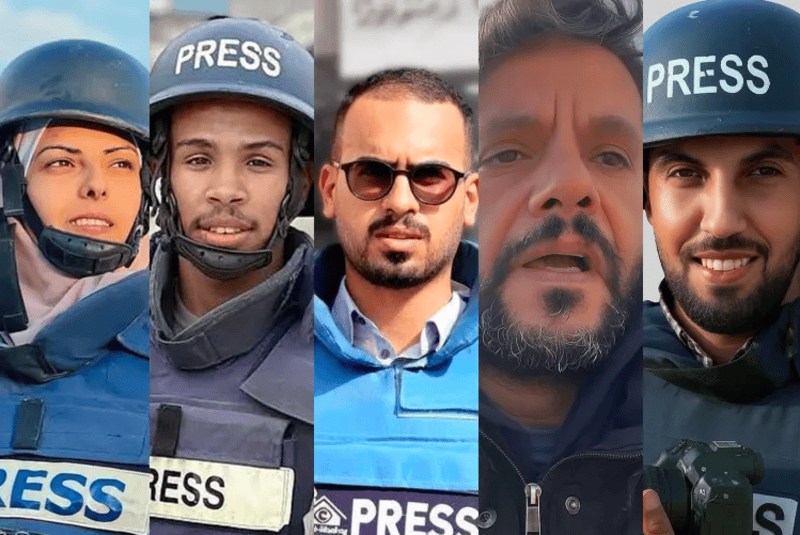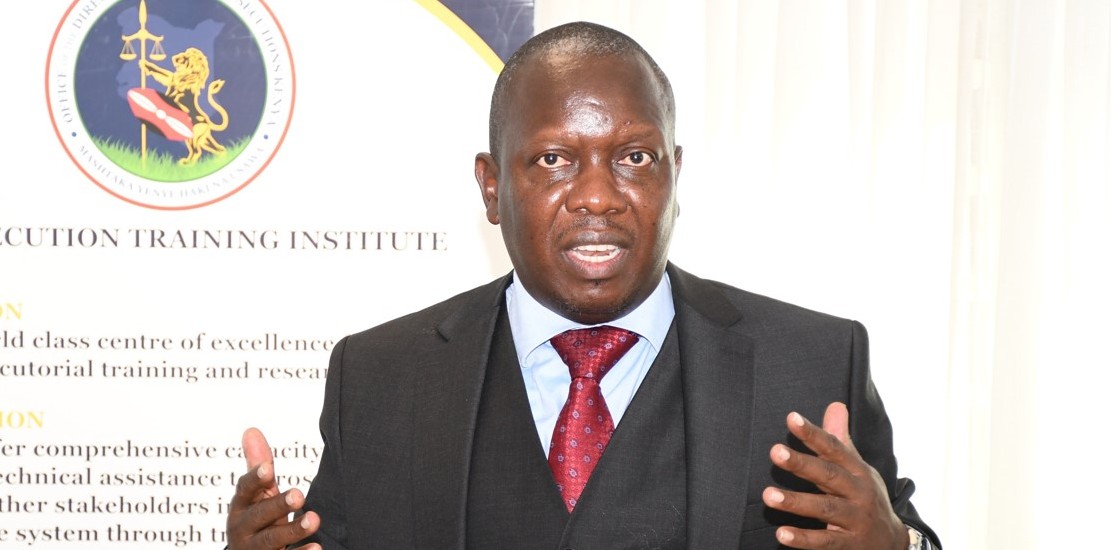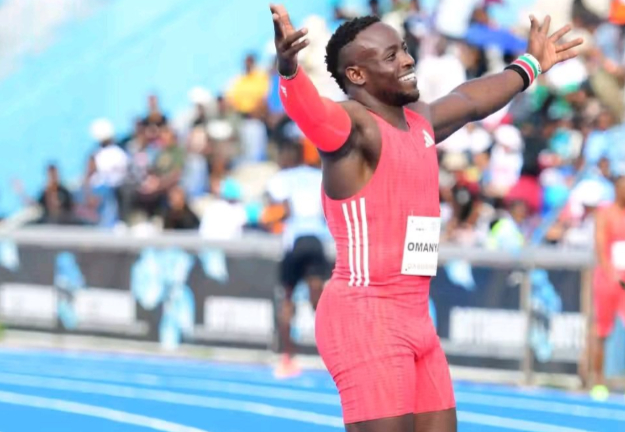Moderate Masoud Pezeshkian wins Iran presidential race
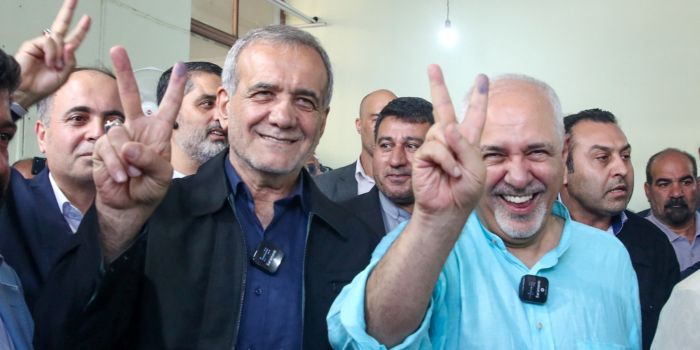
A triumph by Masoud might promote a pragmatic foreign policy, ease tensions over now-stalled negotiations with major powers to revive a 2015 nuclear deal, and improve prospects for social liberalisation and political pluralism, analysts said.
The low-profile moderate Masoud Pezeshkian, who has pledged to open Iran to the world and deliver freedoms its people have yearned for, has won the country's run-off presidential vote, the interior ministry said on Saturday.
"By gaining the majority of the votes cast on Friday, Masoud has become Iran's next president," it said.
More To Read
- Iran urges citizens to delete WhatsApp, accuses app of spying for Israel as conflict escalates
- Trump reportedly rejected Israeli plan to assassinate Iran's Supreme Leader
- Iran and Israel: Open warfare after decades of shadow war
- Iran's president denounces Israeli attacks on Tehran's regional allies
- Iranian leader Ayatollah Ali Khamenei calls on Muslims to confront Israel
- Iran's Supreme Leader says Israel is committing 'shameless crimes' against children
The participation was around 50 per cent in a tight race between Masoud, the sole moderate in the original field of four candidates, and hardline former nuclear negotiator Saeed Jalili, a staunch advocate of deepening ties with Russia and China.
The run-off on Friday followed a June 28 ballot with a historically low turnout, when over 60 per cent of Iranian voters abstained from the snap election for a successor to Ebrahim Raisi, following his death in a helicopter crash.
Videos on social media showed supporters of Masoud dancing in the streets in many cities and towns across the country and motorists honking car horns to cheer his victory.
People in the northwestern city of Urmia, Masoud's hometown, were handing sweets out on the streets, witnesses said.
Crucial time
While the election is expected to have little impact on the Islamic Republic's policies, the president will be closely involved in selecting the successor to Ayatollah Ali Khamenei, Iran's 85-year-old Supreme Leader, who calls all the shots on top matters of state.
Voter turnout has plunged over the past four years, which critics say underlines that support for clerical rule has eroded at a time of growing public discontent over economic hardship and curbs on political and social freedoms.
Only 48 per cent of voters participated in the 2021 election that brought Ebrahim to power, and the turnout was 41 per cent in a parliamentary election in March.
The election coincides with escalating Middle East tensions due to Israel's war on Gaza with Iranian allies Hamas, and Hezbollah in Lebanon, as well as increased Western pressure on Iran over its fast-advancing uranium enrichment programme.
The next president is not expected to produce any major policy shift on the nuclear programme or change in support for militia groups across the Middle East, but he runs the government day-to-day and can influence the tone of Iran's foreign and domestic policy.
Faithful rivals
A triumph by Masoud might promote a pragmatic foreign policy, ease tensions over now-stalled negotiations with major powers to revive a 2015 nuclear deal, and improve prospects for social liberalisation and political pluralism, analysts said.
However, many voters are sceptical about Masoud's ability to fulfil his campaign promises as the former health minister has publicly stated that he had no intention of confronting Iran's power elite of clerics and security hawks.
"I did not vote last week but today I voted for Masoud. I know Masoud will be a lame duck president but still he is better than a hardliner," said Afarin, 37, owner of a beauty salon in the central city of Isfahan.
Many Iranians have painful memories of the handling of nationwide unrest sparked by the death in custody of young Iranian-Kurdish woman Mahsa Amini in 2022, which was quelled by a violent state crackdown involving mass detentions and even executions.
"I will not vote. This is a big NO to the Islamic Republic because of Mahsa (Amini). I want a free country, I want a free life," said university student Sepideh, 19, in Tehran.
The hashtag #ElectionCircus has been widely posted on social media platform X since last week, with some activists at home and abroad calling for an election boycott, arguing that a high turnout would legitimise the Islamic Republic.
Both candidates have vowed to revive the flagging economy, which has been beset by mismanagement, state corruption and sanctions reimposed since 2018 after the United States under then-President Donald Trump ditched the nuclear deal.
"I will vote for Jalili. He believes in Islamic values. He has promised to end our economic hardships," retired employee Mahmoud Hamidzadegan, 64, said in the northern city of Sari.
Top Stories Today
